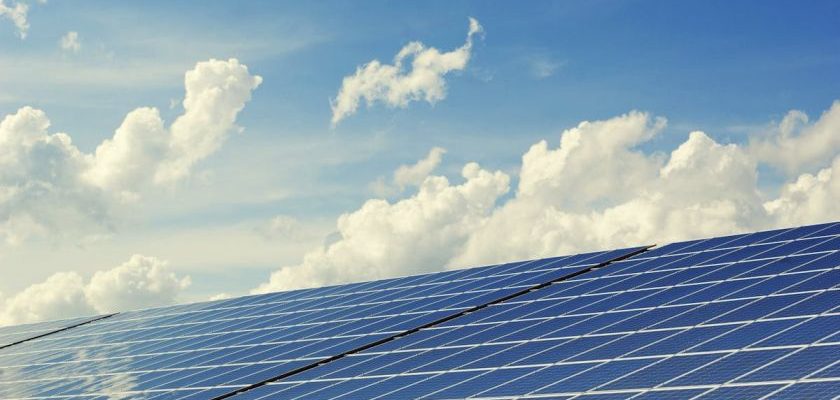The Shift Towards Solar Energy in Manufacturing
In recent years, there has been a significant global push towards adopting renewable energy sources to reduce carbon emissions and combat climate change. Solar energy, in particular, has emerged as a promising alternative to traditional fossil fuels due to its sustainability and cost-effectiveness. As industries strive to minimize their environmental impact, the question arises: Can solar energy be effectively used in manufacturing?
The Benefits of Solar Energy Integration
Manufacturing processes often require substantial energy consumption, making them a significant contributor to greenhouse gas emissions. By harnessing solar power, manufacturers can not only reduce their carbon footprint but also lower their operational costs in the long run. Solar energy systems can be installed on the roofs of manufacturing facilities, providing a reliable source of electricity that can offset a considerable portion of their energy needs.
Enhancing Sustainability and Corporate Responsibility
Integrating solar energy into manufacturing operations is a tangible way for companies to demonstrate their commitment to sustainability and corporate social responsibility. By utilizing clean energy, manufacturers can align their production processes with environmental goals, appealing to environmentally conscious consumers and investors. This proactive approach can enhance brand reputation and differentiate companies in a competitive market.
Overcoming Challenges in Solar Integration
While the benefits of solar energy in manufacturing are clear, there are challenges to consider when implementing solar solutions. Initial investment costs, technological complexities, and intermittency issues may deter some manufacturers from adopting solar energy. However, advancements in solar technology, coupled with government incentives and decreasing installation costs, are making solar integration increasingly feasible for manufacturing facilities.
Optimizing Solar Energy Systems for Manufacturing
To maximize the effectiveness of solar energy in manufacturing, companies should conduct thorough energy assessments to determine their energy consumption patterns and identify opportunities for solar integration. Implementing energy-efficient practices and optimizing solar system design can further enhance the overall efficiency and cost-effectiveness of solar energy utilization in manufacturing processes.
Embracing a Sustainable Future through Solar Power
As the global push towards sustainability intensifies, the role of solar energy in manufacturing is set to expand. By embracing solar power, manufacturers can not only reduce their environmental impact but also achieve long-term cost savings and operational resilience. As technology continues to advance and renewable energy becomes increasingly accessible, the integration of solar energy in manufacturing will play a pivotal role in shaping a more sustainable future for industries worldwide.
In conclusion, the effective use of solar energy in manufacturing holds immense potential to transform the industry towards a greener and more sustainable future. By overcoming challenges, optimizing systems, and embracing solar solutions, manufacturers can lead the way towards a cleaner and more environmentally conscious approach to production.

